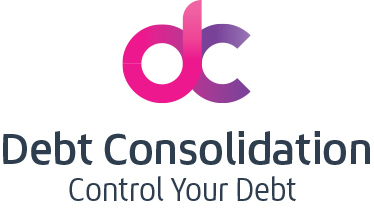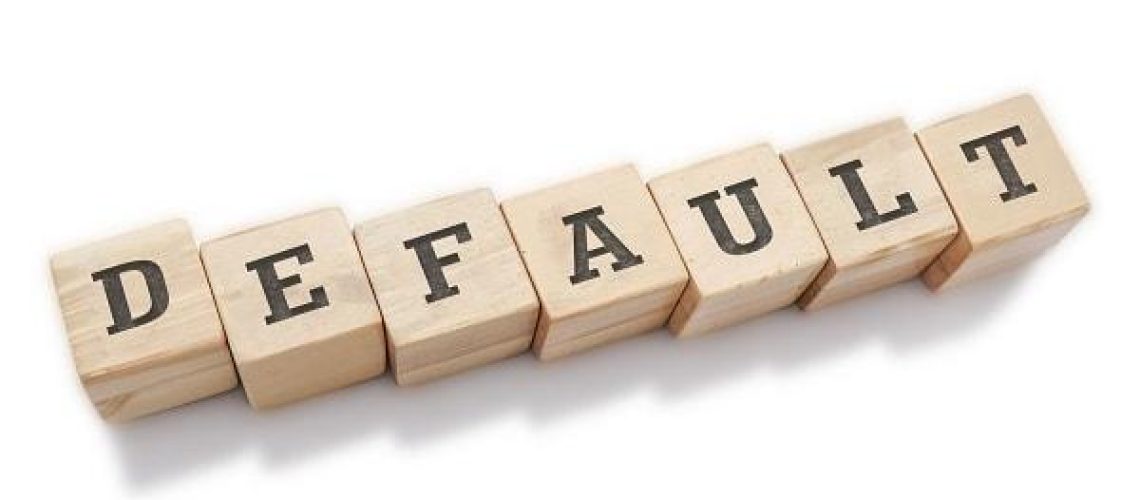Understand the real meaning of default, its implications and what you can do to get out of it.
If you fail to pay a debt at a time that you’re expected to repay it, you are considered to have defaulted on that particular debt. But, not all late payments can legally qualify as a default.
Default defined
Default is at least $150 overdue consumer debt that you failed to pay within 60 days and has been listed on your credit report by your credit company or utility providers. But, your credit provider cannot list it without sending you two separate written notices demanding payment and informing you that nonpayment can lead to the listing of that debt with Equifax or any credit reporting company.
What about commercial credit? The same procedure applies, only that the default amount is at least $100.
Implications of default
Defaults can seriously damage your credit reputation as lenders may interpret them a sign that you are unlikely to repay debts on time and you have the tendency to default on your payments. Imagine that you have to deal with that perception for five years. That’s why potential creditors may turn down credit applications of borrowers with a history of overdue accounts. If you have a default in your credit report, do a double check to make sure that you have not really paid your bills before they became overdue.
There are two types of defaults in general: consumer payment defaults and commercial payment defaults. Even if you paid them, the default status will only be updated to “Paid” but the default record will still appear on your credit report for five years.
If you simply missed payments, but they are not yet 60 days overdue and the amount is less than $150, your credit provider may still list it on your credit file, as missed payments —not payment default. But don’t take missed payments on your personal loans, mortgage, or credit card accounts lightly because they will show up on your credit file, for two years. Just like a default, it will lower your credit score and spoil your chances of getting new credit.

How to fix default
There are two things you can do to fix a default. First, clean up your credit file. It could take a while but you can check if the default record shouldn’t be there in the first place. Second, go to the root cause of the problem and pay your debts through a debt consolidation program.
Credit repair
First and foremost, it is important to realize that you cannot expect an immediate effect on your credit file even if you hire a credit repair company to do the job.
It is because credit repair is a legitimate process of eliminating errors and negative entries, such as defaults from your credit report. The credit repair agency will spot those errors and update your file. If there are negative listings or things that seriously hurt your credit score, and incorrect listings, like debts listed twice or with the wrong account—these can be fixed by filing a dispute with the credit provider or the credit reporting company. You can do it by yourself or through a credit repair service.
You can also negotiate with your credit provider who may be willing to have it taken down in exchange of prompt repayment.
How debt consolidation helps you out of default
Debt consolidation is a strategic financial decision that helps you out of heavy debt, especially if you are in default and you have multiple different creditors. It reduces your various debt payments to a one monthly payment. Aside from saving money, you can also pay your debts faster.
You can consolidate your loans through balance transfer credit card (for small debts), personal loan, home equity loan and other types of loans. You can also visit www.debtconsolidationn.com.au to check your debt consolidation loan options based on your needs.
But, wait! Not all debt consolidation strategies can work for you. Each borrower has his or her own personal situations to think through. So, before you sign up for a consolidation loan, here are important factors to consider:
Debt to income ratio: How many percent of your gross income goes toward paying your debts each month? Credit providers use it to set the lending amount and to gauge your capacity to effectively manage your debts. Some lenders prefer a debt to income ratio of 43% while others consider 36% and below.
Loan amount. How much are you borrowing? The amount of your loan will have a huge effect not only on your current budget but on your future finances as well.
Do you need help with your loan defaults? Let’s go straight to the root of your debt problems. Contact www.debtconsolidationn.com.au today to check your options.

